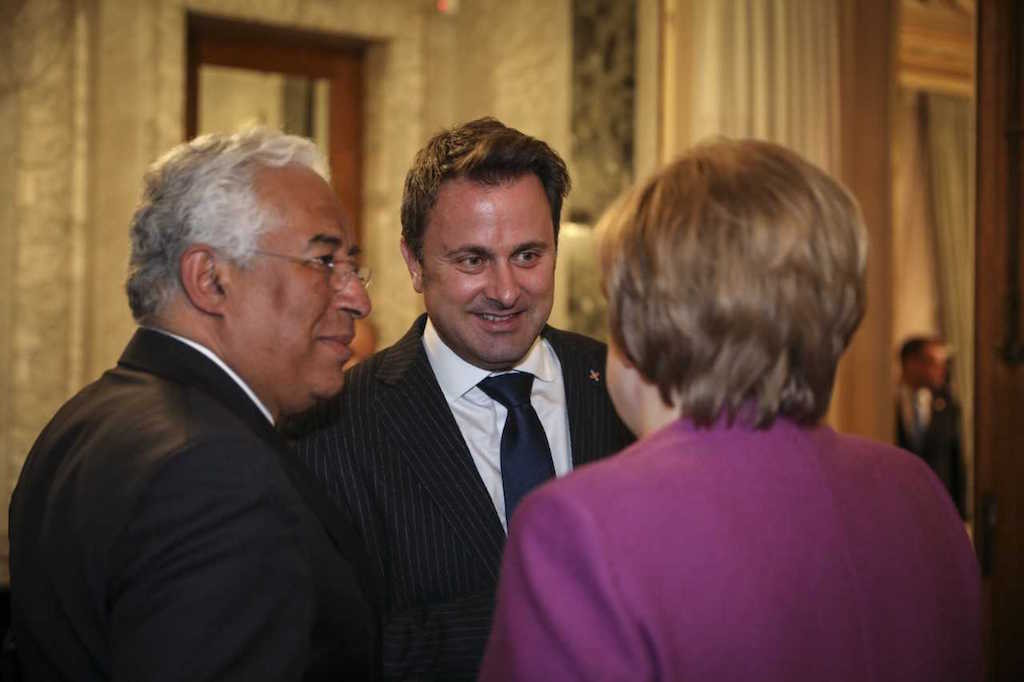Bettel in Brussels as EU rejects UK plans
Luxembourg prime minister Xavier Bettel is in Brussels for Friday’s summit of EU leaders that will discuss the EU’s post-2020 multiannual budget, the “Spitzenkandidat” question and the trimming of the European Parliament after Brexit. On Thursday evening Bettel was among the leaders who attended an informal diner at the Château de Val Duchesse hosted by Belgian premier Charles Michel. The EU has already said it will reject the plans put forward by the UK government for a “managed divergence” or “a three-basket approach”. A document released this week has again reiterated the EU’s guiding principles that the four freedoms of the single market are indivisible and that there can be no cherry-picking. Reuters cites a senior EU diplomat as saying that “we frankly cannot make sense of all the ideas Britain has floated because many of them are inconsistent.”
Luxembourg signs new ERI agreement
Luxembourg’s finance minister Pierre Gramegna on Thursday signed a new agreement with the European Investment Bank to support its Economic Resilience Initiative. The new deal sees the grand duchy increase its initial contribution of €400,000 by another €2 million. Pledges from EU member states for the ERI now total more than €128 million, says the bank. The ERI’s goals are to support job creation and tackle the migration challenge in the EU’s southern neighbourhood and the Western Balkans, with a special focus on young people and women. Investment is targeted in the private sector and key social infrastructure such as water, health and education. “The extra contribution we have signed today from the Luxembourg government is a truly positive signal and a vote of confidence for our initiative to tackle migration and build resilience,” said EIB president Werner Hoyer. The UK has also confirmed its support through a commitment of up to £25 million.
UK drop in net EU migration
Estimated net migration from the European Union to the UK has fallen below 100,000, says the latest report from the Office for National Statistics. The report, which covers the year ending to September 2017, says that total net migration was “at a similar level to early 2014 with 244,000 more people coming to the UK than leaving.” But EU net migration stood at just 90,000, which is approximately the same level as in 2012. Indeed, some 130,000 EU citizens left the UK during the period covered, which is the highest number since 2008. "EU net migration has fallen as fewer EU citizens are arriving, especially those coming to look for work in the UK, and the number leaving has risen," said Nicola White, the ONS's head of international migration statistics.
